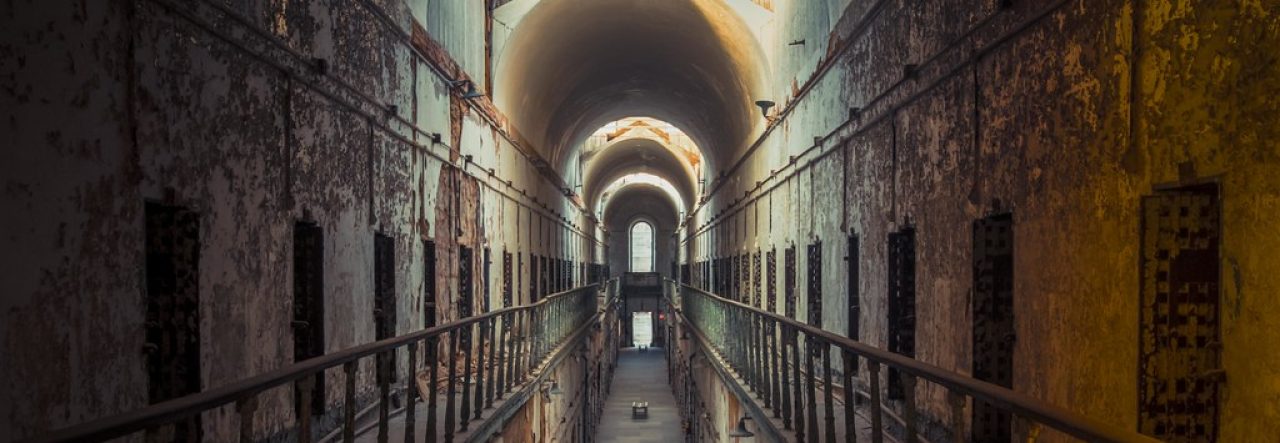Looking beyond any sort of moral issue one has towards mass incarceration, I’ve always wondered how the most conservative of lawmakers could align their “more beds, more prisoners” mentality with their fiscal principles. Richard A. Viguerie made his case for why conservatives should back the reform of incarceration in the United States in a recent op-ed post for the New York Times. Interestingly, Viguerie makes a case that prison reform has more to do with fiscal matters. Reforming prisons should also be about compassion. Compassion for prisoners and their families. Many conservative political ideologies, including support of the death penalty and mandatory life sentences without parole, do not give an air of compassion.
These three principles — public safety, compassion and controlled government spending — lie at the core of conservative philosophy. Politically speaking, conservatives will have more credibility than liberals in addressing prison reform.
I will be the first to say that liberals need to do more to help change the carceral situation in the United States. I don’t think, however, that it’s fair to give conservatives the higher moral ground in prison reform. Simply quoting a dip in incarceration rates during Reagan’s presidency doesn’t give any credence to that idea. Especially considering President Reagan’s “War on Drugs” slowly became responsible for filling up prisons like no other governmental-backed program in our nation’s history. Just because it took time after his eight years in the White House for this so-called War to gain steam doesn’t give conservatives a claim a moral victory. This problem goes beyond political ideology and party.
I think at the end of the day, there are more than fiscal issues that lead conservatives, who are by and large God-fearing Republicans, to support mass incarceration. When the federal courts began examining southern prison systems in the 1960s and declaring them unconstitutional, judges had the nearly impossible task of dealing with state legislatures who never had to allocate budget to state prisons. Legislators wondered why money should be diverted from law-abiding citizens when the pseudo-plantation prison farm supported itself? In addition, though many have much to gain in the increase in the prison industrial complex of the twenty-first century, I believe there’s more of a biblical reason behind incarceration. Repenting for sins. Keeping law-abiding society safe. People who rape and kill not only offend society, but they offend God. I believe at the end of the day, when a member of the Christian right has to choose between progressive reforms of prisons, which would save money and put less people in jail, and incarcerating criminals, the later will usually win. While we may not have a state established religion, it’s simply too hard for some to differentiate their religious beliefs from government.
Though, I do applaud outfits like Right on Crime in at least opening up a dialog on an issue that many conservatives have avoided for decades. Unfortunately, even with concerted political effort, reform of the system will take decades.
Read letters to the editor responding to the original op-ed post here.

